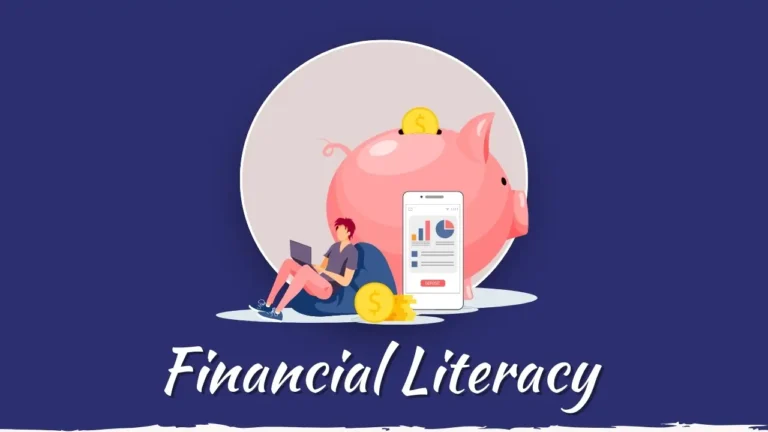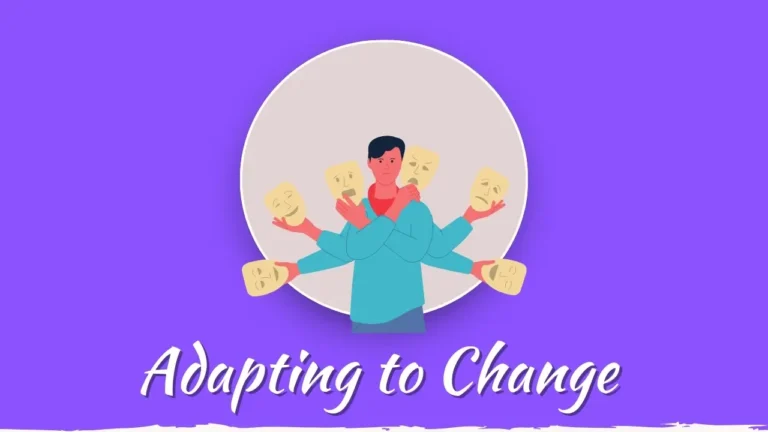Mastering Financial Literacy for Dream Fulfillment

In the pursuit of dreams, financial independence emerges as a crucial cornerstone. Whether the dream involves starting a business, traveling the world, or achieving personal goals, mastering financial literacy is a transformative journey that empowers dream chasers to navigate the complex landscape of money and resources. In this comprehensive guide, we explore the key components of financial literacy and strategies for achieving the financial independence necessary for turning dreams into reality.
Understanding Financial Literacy
Defining Financial Literacy
Financial literacy is the ability to understand and use various financial skills, including personal financial management, budgeting, and investing. It goes beyond simply earning money; it involves making informed and effective decisions about how to manage, save, invest, and grow one’s financial resources.
The Role of Financial Literacy in Dream Fulfillment
Financial literacy is a linchpin for dream fulfillment. It equips individuals with the knowledge and skills to make sound financial decisions, allocate resources effectively, and plan for the future. Whether the dream is entrepreneurial, travel-oriented, or personal development-focused, financial literacy provides the foundation for sustainable pursuit.
Interconnection with Financial Independence
Financial independence, often a key objective for dream chasers, is closely tied to financial literacy. The ability to achieve and maintain financial independence hinges on a deep understanding of financial principles and the application of strategic money management.
Building Blocks of Financial Literacy
1. Budgeting Basics
Budgeting is the cornerstone of financial literacy. It involves creating a plan that outlines income, expenses, and savings goals. A well-crafted budget serves as a roadmap for allocating resources effectively and avoiding financial pitfalls.
2. Understanding Income and Expenses
Financial literacy begins with a clear understanding of income sources and expenses. Identifying all sources of income and categorizing expenses provides insight into spending patterns and opportunities for saving.
3. Saving and Investing Strategies
Saving and investing are integral components of financial literacy. Establishing savings goals and understanding investment options contribute to the growth of financial resources over time. Knowledge of risk, return, and diversification is key in making informed investment decisions.
4. Debt Management
Effective debt management is a vital skill within financial literacy. Understanding different types of debt, interest rates, and repayment strategies empowers individuals to navigate debt responsibly and avoid financial burdens that may hinder dream pursuit.
5. Building Emergency Funds
The ability to weather unexpected financial challenges is part of financial literacy. Building emergency funds provides a safety net, ensuring that unforeseen circumstances do not derail progress toward dream fulfillment.
6. Retirement Planning
Financial literacy extends to planning for the future, including retirement. Understanding retirement savings vehicles, such as 401(k)s or IRAs, and planning for long-term financial security are essential aspects of comprehensive financial literacy.
7. Insurance Knowledge
Insurance plays a crucial role in financial planning. Knowledge of various types of insurance, including health, life, and property insurance, ensures that dream chasers are protected against unexpected financial setbacks.
Strategies for Mastering Financial Literacy
1. Educate Yourself Continuously
Financial literacy is an ongoing learning process. Stay informed about personal finance trends, investment opportunities, and changes in the economic landscape. Utilize reputable financial resources, books, courses, and seminars to expand your knowledge.
2. Create a Personalized Financial Plan
Developing a personalized financial plan is a proactive step in mastering financial literacy. Tailor your plan to your specific goals, income, and lifestyle. Regularly review and adjust the plan as circumstances and goals evolve.
3. Seek Professional Advice
Engage with financial professionals such as certified financial planners or advisors. Their expertise can provide valuable insights, personalized strategies, and guidance on complex financial decisions.
4. Use Technology to Your Advantage
Leverage financial technology tools and apps to streamline financial management. From budgeting apps to investment platforms, technology can simplify tasks, provide real-time insights, and enhance overall financial literacy.
5. Join Financial Literacy Programs and Workshops
Participate in financial literacy programs and workshops. Many organizations and institutions offer courses on budgeting, investing, and financial planning. Engaging in such programs enhances your knowledge and connects you with a community of like-minded learners.
6. Practice Disciplined Spending
Disciplined spending is a fundamental aspect of financial literacy. Cultivate a mindset of conscious consumption, distinguishing between needs and wants. Establishing spending boundaries contributes to effective budgeting and resource allocation.
7. Diversify Your Investments
Diversification is a key principle in investment literacy. Spread investments across different asset classes to reduce risk. Understanding the principles of diversification enhances the effectiveness of your investment strategy.
Financial Literacy and Entrepreneurship
1. Financial Planning for Business Ventures
For dream chasers in the entrepreneurial realm, financial literacy is paramount. Understanding financial planning for business ventures includes budgeting, managing cash flow, and making strategic financial decisions that support business growth.
2. Risk Management in Entrepreneurship
Entrepreneurship involves inherent risks. Financial literacy enables entrepreneurs to assess and manage risks effectively. This includes understanding the financial implications of business decisions and having contingency plans in place.
3. Scaling and Investment Strategies
As an entrepreneur, scaling a business often requires strategic investments. Financial literacy provides the tools to evaluate investment opportunities, secure funding, and navigate financial decisions that contribute to business expansion.
Overcoming Challenges in Mastering Financial Literacy
1. Overcoming Fear and Avoidance
Fear and avoidance of financial topics are common challenges. Overcome this barrier by acknowledging the importance of financial literacy and gradually engaging with educational resources. Start with basic concepts and build confidence over time.
2. Addressing Complexity
Financial concepts can be complex, especially for beginners. Break down complex topics into smaller, more manageable components. Take the time to understand one concept before moving on to the next.
3. Navigating Financial Industry Jargon
The financial industry is rife with jargon that may be intimidating. Take a proactive approach to learning industry terminology. Utilize glossaries, online resources, and seek clarification from financial professionals when needed.
4. Overcoming Procrastination
Procrastination can impede progress in financial literacy. Break the learning process into manageable steps and set achievable goals. Consistent, small efforts over time can lead to significant improvements in financial knowledge.
Financial Literacy and Dream Fulfillment
1. Aligning Financial Goals with Dreams
Integrate financial goals seamlessly with dream pursuits. Aligning financial objectives with the broader vision ensures that the pursuit of dreams remains financially sustainable and aligned with long-term aspirations.
2. Using Financial Independence as a Tool
Financial independence becomes a tool for dream fulfillment. As financial literacy grows, the ability to leverage financial resources strategically enhances the pursuit of dreams. Financial independence offers the freedom to explore, create, and invest in personal growth.
3. Celebrating Financial Milestones
Celebrate financial milestones as integral steps toward dream fulfillment. Whether it’s reaching a savings goal, paying off debt, or achieving a specific investment target, recognizing these achievements reinforces the connection between financial literacy and the realization of dreams.
4. Adapting Financial Strategies to Evolving Dreams
Dreams evolve over time, and so should financial strategies. Financial literacy equips individuals with the adaptability to modify financial plans in response to changing aspirations. This flexibility ensures that financial resources support the current trajectory of dream fulfillment.
Conclusion: Empowering Dreams through Financial Literacy
In the journey of dream fulfillment, financial literacy stands as an empowering ally. From the foundational principles of budgeting to the intricacies of entrepreneurship and investment, mastering financial literacy provides the knowledge and skills necessary to navigate the complexities of the financial landscape. As dream chasers embark on their quests, the mastery of financial literacy becomes not only a means to an end but a transformative force that turns dreams into tangible, sustainable realities.






